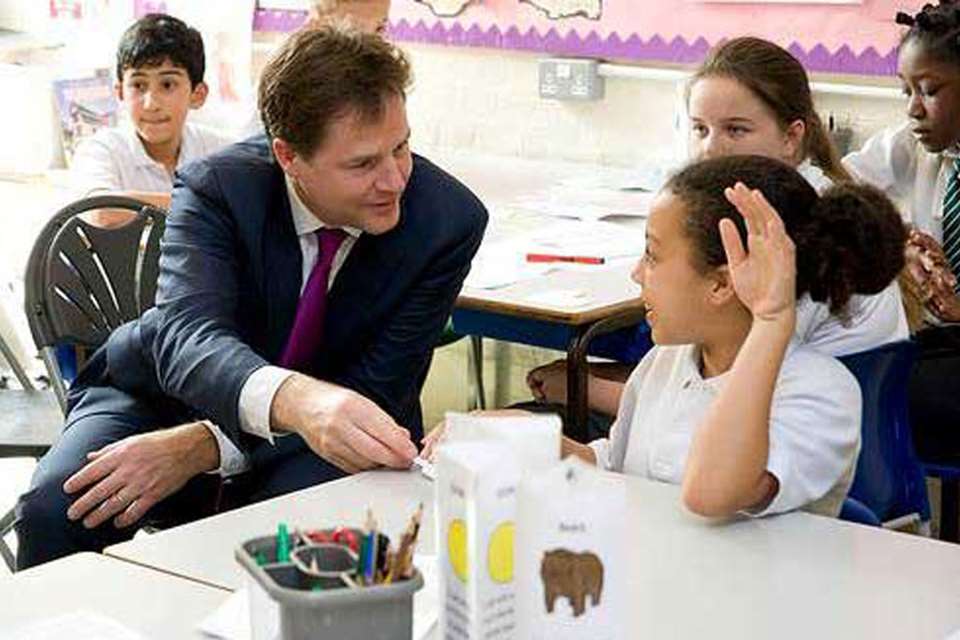Prime areas not in 'reception baseline' criteria criticised by many
Monday, June 2, 2014
More details of the new baseline assessment that children will be expected to take at the start of Reception have been set out.

The Standards and Testing Agency has published the criteria for the 'reception baseline' that will be introduced from September 2015 in all primary schools. They will be able to choose from an approved list of commercial providers, which will be published early next year.
Assessments must be 'age-appropriate' and 'clearly linked' to the EYFS's learning and development requirements in communication and language, literacy and mathematics.
Details of the process that suppliers will need to follow to submit their baseline assessments for evaluation will be published later this month.
Once on the list, suppliers must show that at least 10 per cent of primary schools will use their baseline, and that their 'baselines' link to Key Stage 1 assessments. When children reach the end of Year 2, this will be reviewed and suppliers could be removed from the list.
The Government wants to start formally assessing children from the age of four as a starting point for measuring their progress throughout primary school.
Jan Dubiel of training company Early Excellence said that while he had been expecting a link to CLL and maths, he was 'a little surprised' not all the prime areas were included, 'particularly because we're talking about the beginning of Reception'. However, he highlighted that assessments 'may be based on observation'.
The Pre-school Learning Alliance said it was concerned that the tests would be formal and inappropriate for young children, replacing the 'broad-based assessment'. Chief executive Neil Leitch said, 'The criteria clearly state the purpose of these assessments is to "assess school effectiveness", rather than to ensure that the learning and development requirements of each individual child are met.'
He added that it was also 'very concerning' that physical development and personal, social and emotional development were not included.
The reference to the baseline assessments potentially being 'on-screen or on paper' suggested that 'these "assessments" would, in reality, be more like formal tests,' Mr Leitch said.
Liz Bayram, chief executive of the Professional Association for Childcare and Early Years, said, 'PACEY remains firmly opposed to baseline testing in Reception.'
She added, 'These criteria confirm our anxieties that baseline testing is more concerned with monitoring a child's academic performance than giving children a strong foundation for future learning.'







